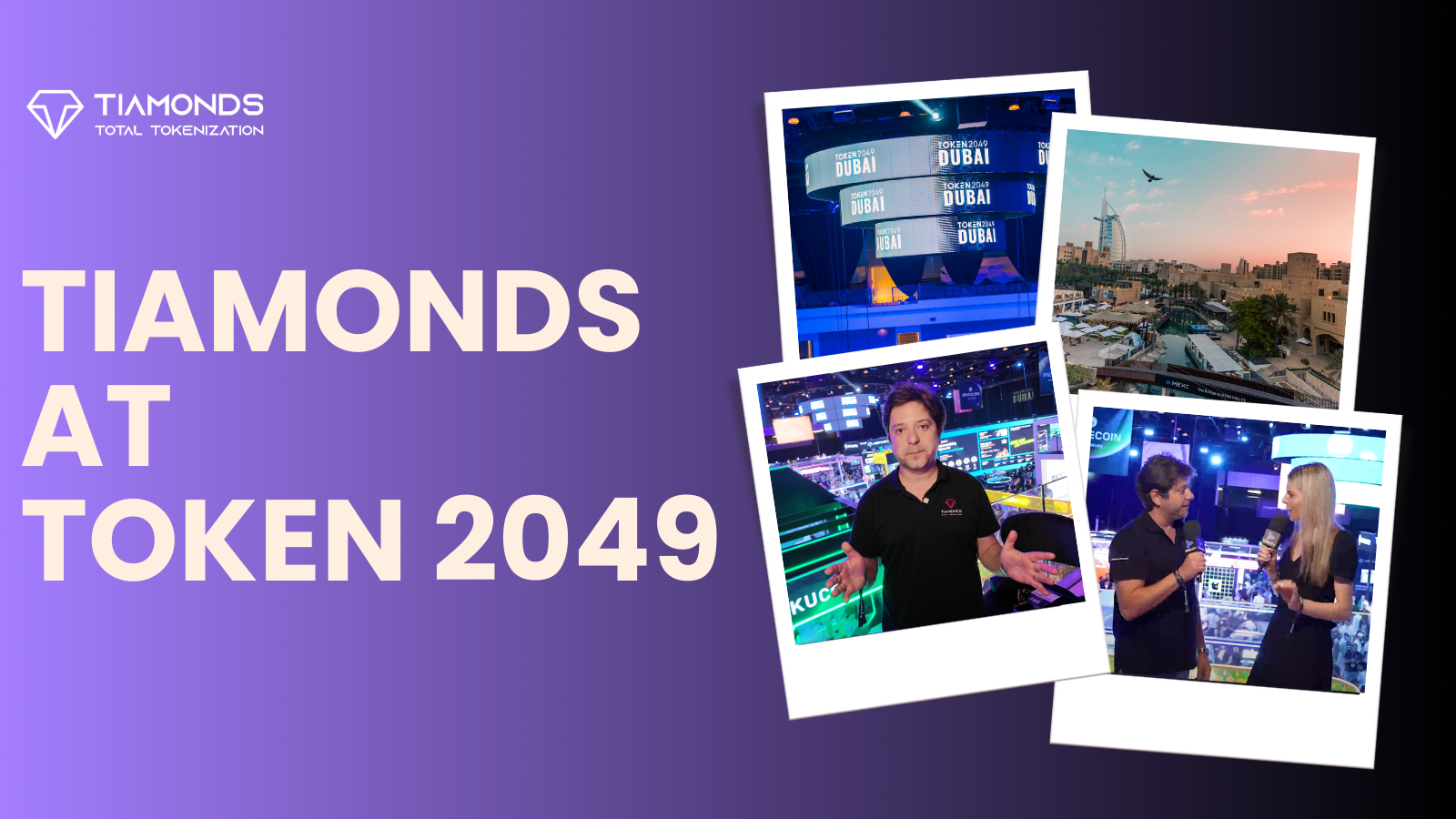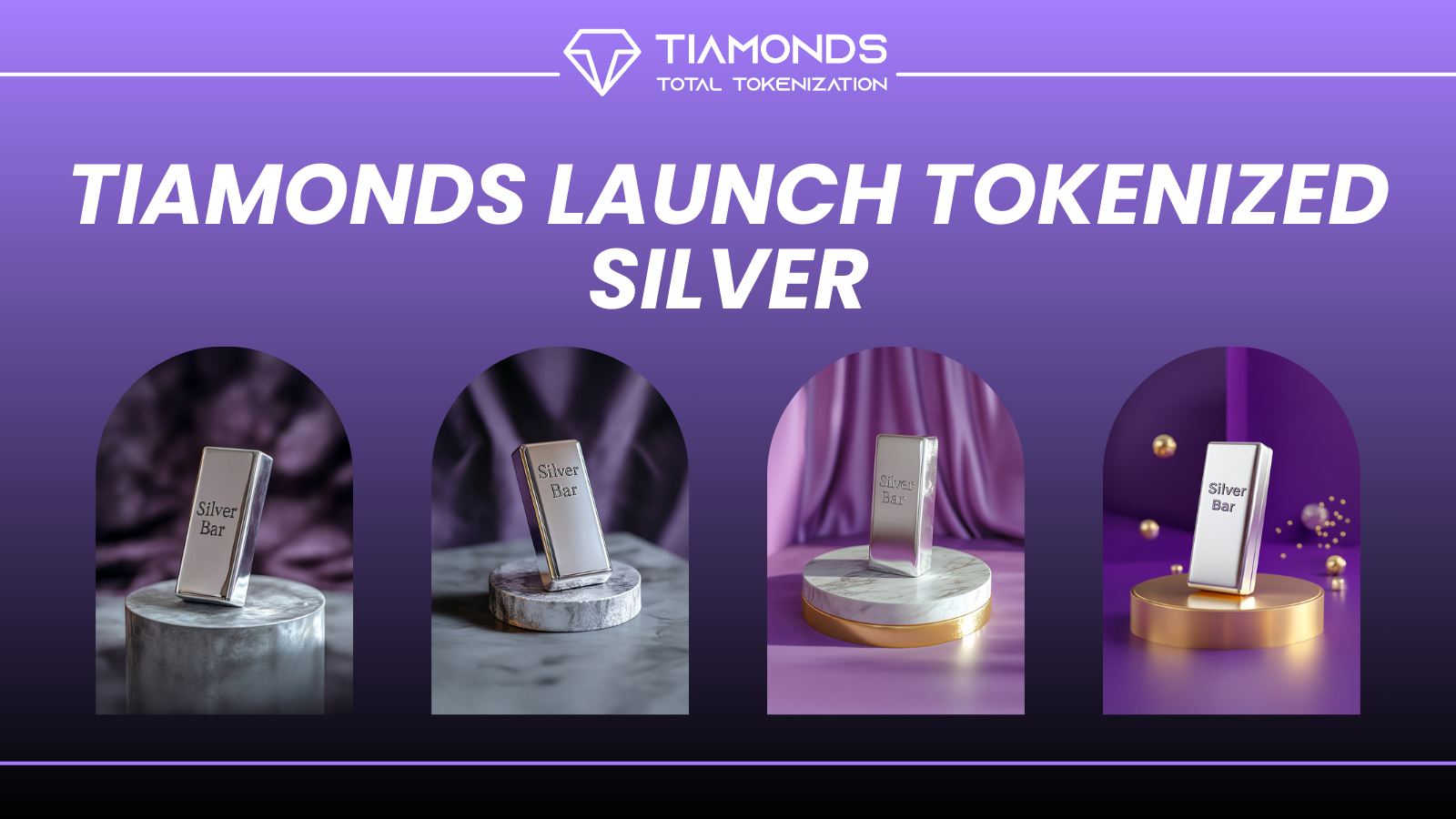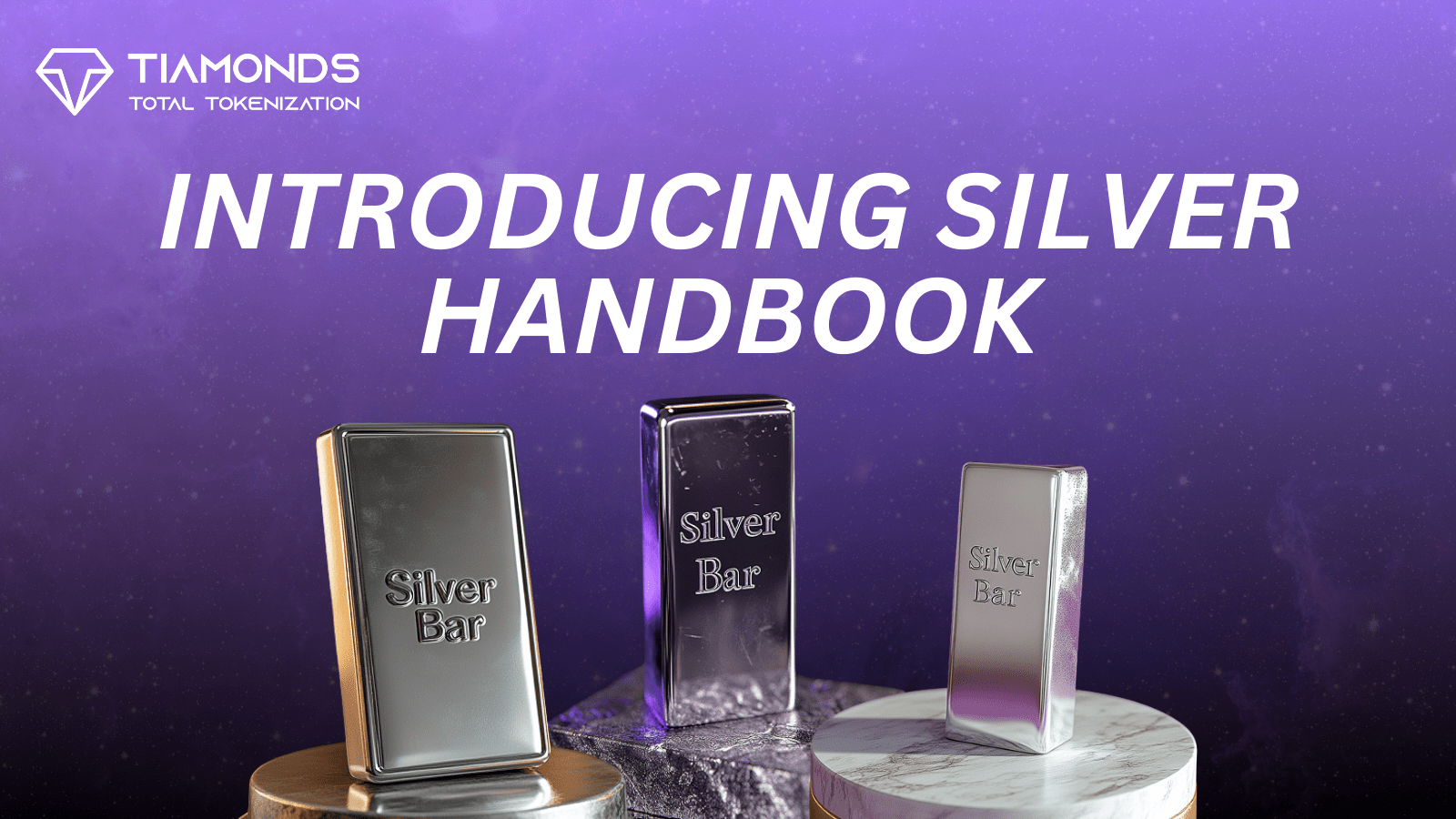The commodity market is primarily open to institutions and high-net-worth individuals because of its intricate financial structures, custody, and access, making it a highly exclusive market.
Now envision a scenario in which individuals have the ability to access these assets and attain exactly the same returns as those invested by institutions. This is becoming a reality as a result of the tokenization of real-world assets (RWA). Statista Market Insights anticipates that the nominal value of the global commodities market will surpass US$139 trillion by 2028. This presents a substantial opportunity to expand market access and incorporate these assets into the blockchain.
Source: Statista Market Insights
Table of Contents:
ToggleWhat are Tokenized Commodities?
Digital tokens on a blockchain represent fractional ownership of tokenized assets, which are tangible assets.
On a blockchain, tokenized commodities serve as digital representations of tangible commodities like gold, energy, or crops. Each token represents a portion or entirety of the commodity, simplifying the division and trading of commodities. This simplifies the process of purchasing and selling modest quantities for investors, provides increased liquidity, and grants access to markets that are typically difficult to trade.
Consider a pie that is so large that it is impossible for a single individual to consume it alone. Rather than distributing the entire pie to a single individual, you divide it. Currently, each individual has the ability to acquire and delight the appropriate quantity to satisfy their appetite.
In the same way, tangible commodities are tokenized. A commodity, such as oil or gold, is the huge pizza. Instead of buying the entire commodity, which can be costly and impractical, we divide it into smaller units known as tokens. Each token is equivalent to a small fraction of the commodity.
Advantages of Tokenized Commodities
The following are a few of the primary benefits:
Enhanced Liquidity: Traditional commodity markets can be susceptible to restrictions, as assets such as oil and gold frequently necessitate substantial capital and time to trade. By tokenizing these assets, a broader spectrum of investors can participate in the market by dividing them into smaller, more manageable units. This heightened liquidity has the potential to result in reduced volatility and more efficient pricing.
Accessibility: Tokenization democratizes commodity commerce. Tokenized commodities can be transacted by anyone with an internet connection through lowering the barriers to entry, such as high prices and complex regulatory requirements. Investors of all kinds, previously excluded from these markets, now have opportunities.
Transparency: Blockchain technology anchors the tokenization process, providing exceptional transparency and security. Recording each transaction on a decentralized ledger maintains a distinct and immutable record of ownership. This mitigates the likelihood of fraud and fosters confidence among market participants.
Efficiency and Speed: Conventional commodity trading can be sluggish and cumbersome, requiring the use of numerous intermediaries and intricate processes. By facilitating peer-to-peer (P2P) transactions on a blockchain, tokenization simplifies these procedures. This expedites the trading process, reduces the necessity for intermediaries, and lowers transaction costs.
Co-Ownership: Tokenization enables investors to purchase and sell lesser portions of an asset, rather than the entire commodity, thereby facilitating co-ownership of commodities. This presents new investment opportunities for individuals who may not possess the financial resources to acquire substantial quantities of a commodity.
Diverse Categories of Tokenized Commodities
Precious Metals: The tokenization of precious metals, including gold, diamonds,platinum, and silver, allows investors to maintain minute fractions without the need for physical storage. This enhances the accessibility of these assets and enables portfolio diversification and hedging.
Energy Resources: Tokenizing energy involves the conversion real energy sources, such as solar or wind power, into digital units on a digital platform. This enables the development of novel energy-related applications, including the exchange of excess solar energy among fellow residents, the simplification of renewable energy credits, and the enhancement of grid management.
Agricultural Resources: Blockchain enables the tokenization of agricultural resources, creating secure records that serve as a product for exchange on a digital ledger. This increases the efficiency, safety, transparency, and cost-effectiveness of commodity trading for the general public.
Real Estate: By dividing a property into smaller components and utilizing smart contracts for streamlining operations, investors could tokenize it. We utilize a secure digital system to retain the records. The proprietor can use a private key to prove their ownership. This system enables individuals who are interested in purchasing, renting, or financing the property to readily verify its history. Transparent, unalterable records display the property’s historical transactions, including any outstanding debts.
Before You Invest: Suggestions for Beginner Investors
It is imperative to approach the world of commodities tokenization with awareness and caution, as it is a thrilling endeavor. For novice investors, the following are indispensable recommendations:
Conduct research: Refrain from entering recklessly! Comprehend the technological and regulatory landscape, the platform you will be employing, and the specific commodity in which you are interested. Conduct an investigation into the issuer’s reputation and history.
Remain informed: This discipline is undergoing rapid development. Stay updated on the latest legal developments, industry news, and platform updates to effectively navigate the constantly evolving environment.
To begin: Start with a modest Avoid committing your entire life assets on the first day. Before allocating larger sums, commence with lesser investments to accumulate experience and evaluate your risk tolerance.
Diversify your portfolio: Avoid placing all of your assets in a single basket. Diversify your investments across various commodities, platforms, and asset classes to optimize potential returns and reduce risk.
Consultation: Connect with a financial advisor who specializes in alternative investments or blockchain technology if you are uncertain about navigating the complexities.
Smart contracts: These self-executing agreements have the potential to automate critical components of tokenized commodity trading, thereby further optimizing processes and reducing risk.
Investigate cutting-edge DeFi applications built on tokenized commodities, such as lending, borrowing, and yield generation.
Environmental, social, and governance (ESG) factors: Incorporate environmental, social, and governance (ESG) factors into your choices for investing to promote sustainable practices in the commodities market.
Conclusion
Commodities tokenization is not merely a passing trend; it represents a fundamental transformation in the manner in which we engage with and invest in the physical world. The potential for decentralizing access, increase efficiency, and enhance transparency is undeniable, despite the fact that challenges persist. Anticipate the emergence of even more innovative uses and a broader adoption of the technology as it matures as well as laws evolve in the years ahead.
Therefore, are you prepared to participate in this revolution? Join the global community that is shaping the future of finance, invest prudently, and embrace the opportunities of commodities tokenization.




